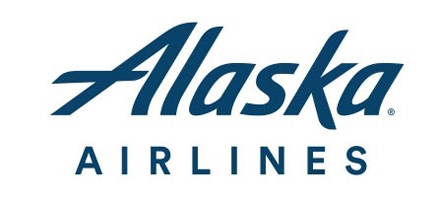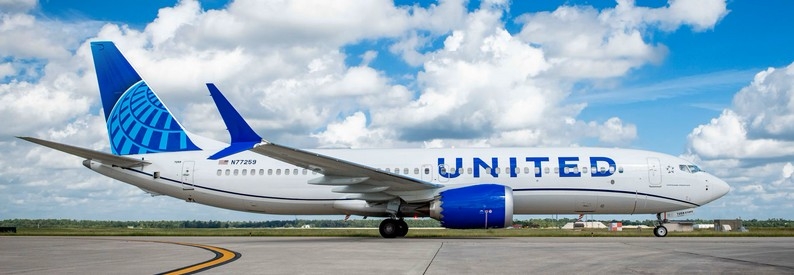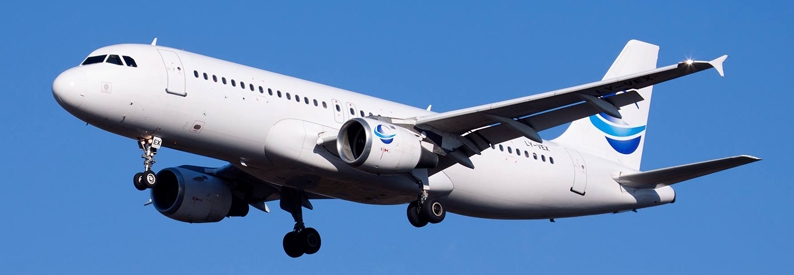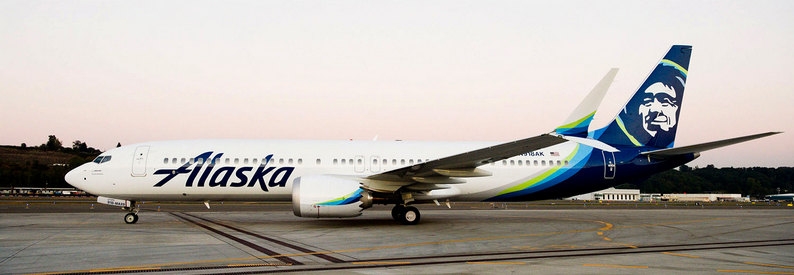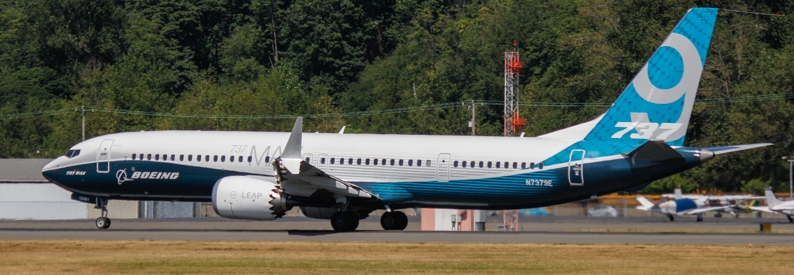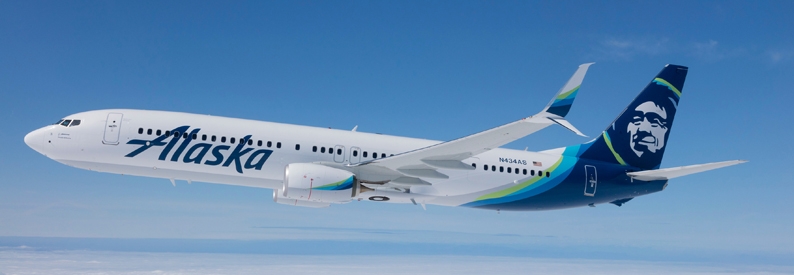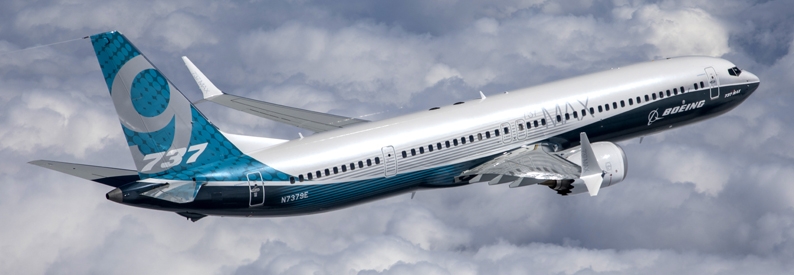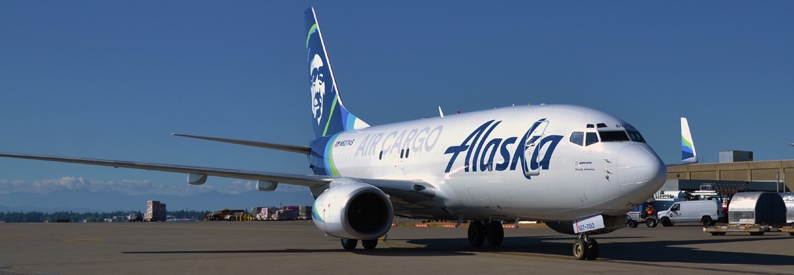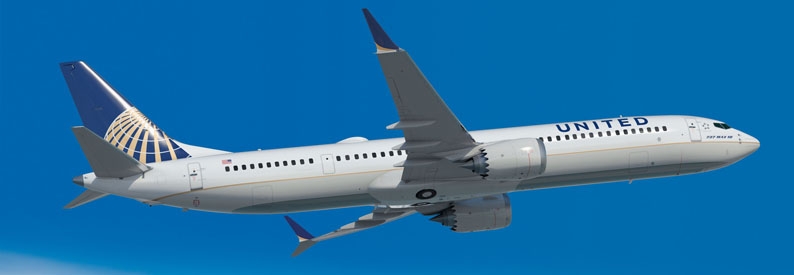Alaska Airlines (AS, Seattle Tacoma International) has secured tentative approval from the US Department of Transportation (DOT) to transfer its Los Angeles International-México City International route authority to American Airlines (AA, Dallas/Fort Worth). Alaska Airlines intends to codeshare on American's planned double-daily B737-800 return service, scheduled to begin on June 4.
In an attempt to prove that the transfer was not in the public's interest, Delta Air Lines (DL, Atlanta Hartsfield Jackson) said the move would disadvantage new carriers, such as itself, that are attempting to enter the LAX market given American's already dominant position there. In addition, it claimed that its proposed 3x daily return service would be a better use of the route allocation and as such, petitioned the DOT to open it up to a carrier selection proceeding.
However the DOT, in its ruling, disputed those claims as follows:
"The Department notes that American’s proposed Los Angeles-Mexico City service will exceed the frequency levels currently operated by Alaska (American plans to offer two daily flights, as opposed to Alaska’s single daily). Furthermore, American would provide new intra-gateway competition at Los Angeles to existing service offered by United, code-share service offered by Delta, and the services of Mexican carriers," it said.
"Moreover, as Los Angeles is already an American hub, its Los Angeles-Mexico City service will provide new online connecting options to passengers in the western United States, thereby increasing inter-gateway competition. Finally, the Department notes that, despite the transfer, Alaska will remain a presence in the market by virtue of its codesharing on American’s flights."
The Department said that in light of the above, the transfer would not constitute a breach of public interest and would also not conflict with "important international aviation policy objectives."
The DOT did, however, only approve Alaska/AA's action for one year, rather than the two years they had requested, on the grounds that the implementation of a more liberal Bilateral Air Services Agreement between the US and Mexico could see substantial changes in the market within the next year.
The new agreement, which comes into effect on January 1, 2016, will allow an unlimited number of carriers to serve any US-Mexico city pair in contrast to existing rules which allow for only two, and in some instances three, designated carriers per pairing.
